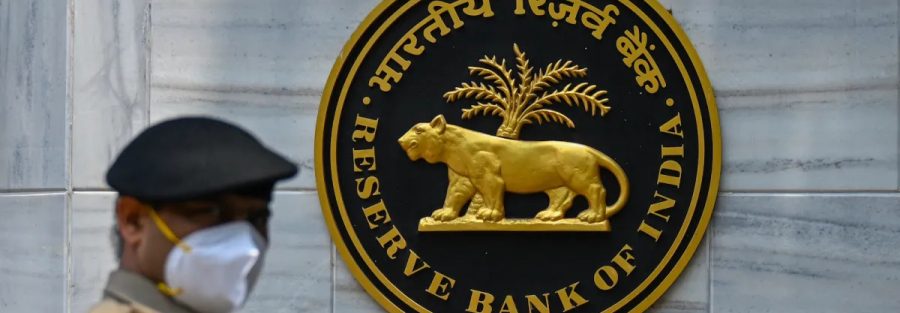The Supreme Court on Monday reluctantly entertained a petition from Reserve Bank of India seeking consolidation of scores of pleas filed by cooperative banks in a dozen HCs challenging application of Banking Regulation Acts to appointment of directors, CEOs and MDs.
Appearing for RBI, senior advocate Rakesh Dwivedi told a bench of Chief Justice N V Ramana and Justice Hima Kohli that the BR Act was extended to cooperative banks as over decades it was found that most frauds concerning these banks happened mainly because of collusion of management with fraudsters.
He said the cooperative banks, which were set up mainly to cater to agriculturists and farmers, are sitting with Rs 5 lakh crore deposit and without the RBI’s monitoring in appointment of management of such banks, the country’s rural financial system would be in jeopardy.
The bench was in favour of the HCs deciding the issue at hand before the apex court examined the RBI’s plea for transferring all. pending litigation before the HCs to SC. It even suggested that the Bombay HC could be asked to give its decision in two weeks. However, insistence of Dwivedi that the matter could brook no delay made the CJI-led bench issue notice. However, the SC refused to stay the proceedings before the HCs.
The RBI through counsel Liz Mathew said, “In an overwhelmingly large number of such cases where the Urban Cooperative Banks (UCBs) are in financial difficulties, the primary reason is managerial failure either due to incompetence or complicity on account of vested interests. Because of incompetence of the management, there are weak internal control systems in such UCBs which lead to perpetration of frauds or deficient management, adding to the problems.”
“It may not be possible to describe each case of failure of UCBs, but, the precarious financial position of two very large UCBs, namely, the Punjab and Maharashtra Cooperative Bank, Mumbai and Shri Guru Raghavendra Sahakara Bank Ltd., Bangalore, are very apt examples of complicity of the management with the corrupt borrowers and fraudulent sanction of loans,” it said.
“These banks have a deposit base of approximately Rs 10,500 Crores and Rs 2,360 Crores, respectively and were placed under All Inclusive Directions by the RBI. Even with the enhanced insurance cover of Rs 5 lakh, less than 50% of the total deposits could be payable leaving scores of innocent depositors losing their hard-earned money,” it said, emphasizing the need for BR Act control over appointment of management to cooperative banks.


